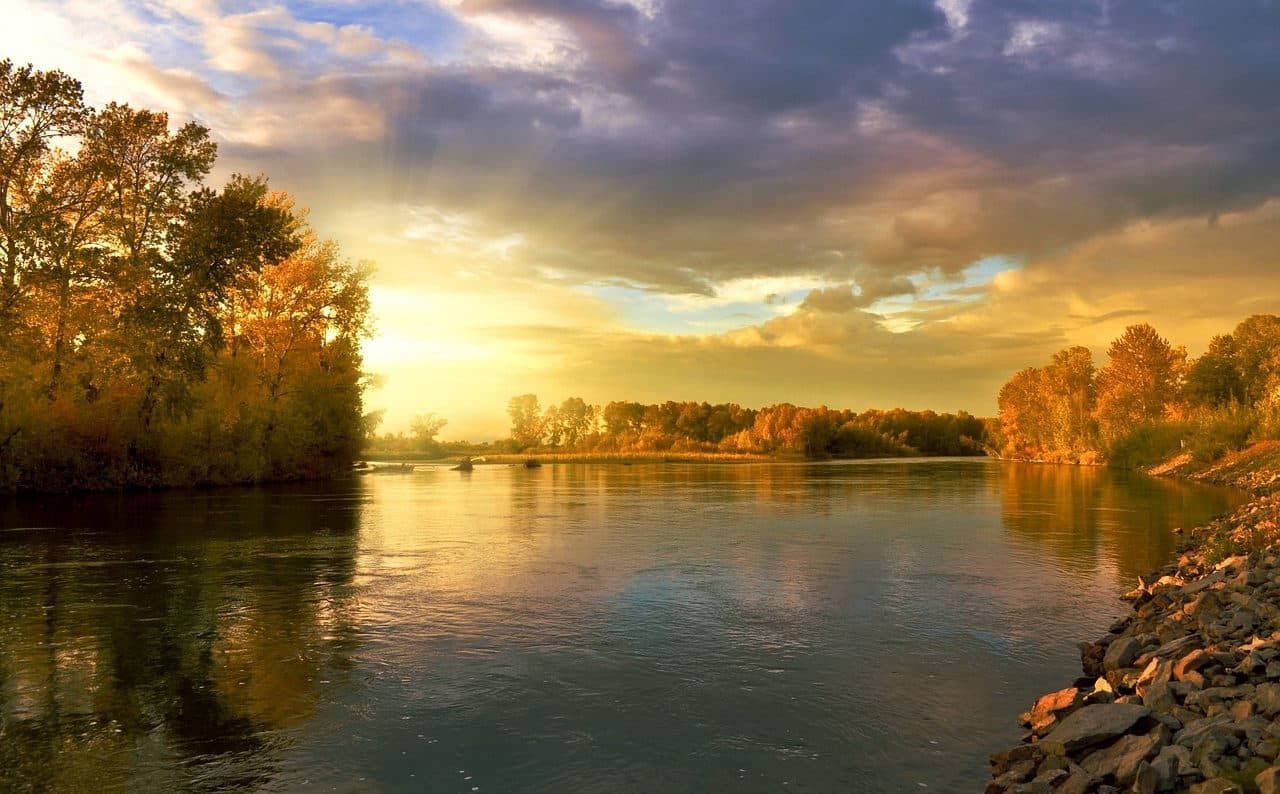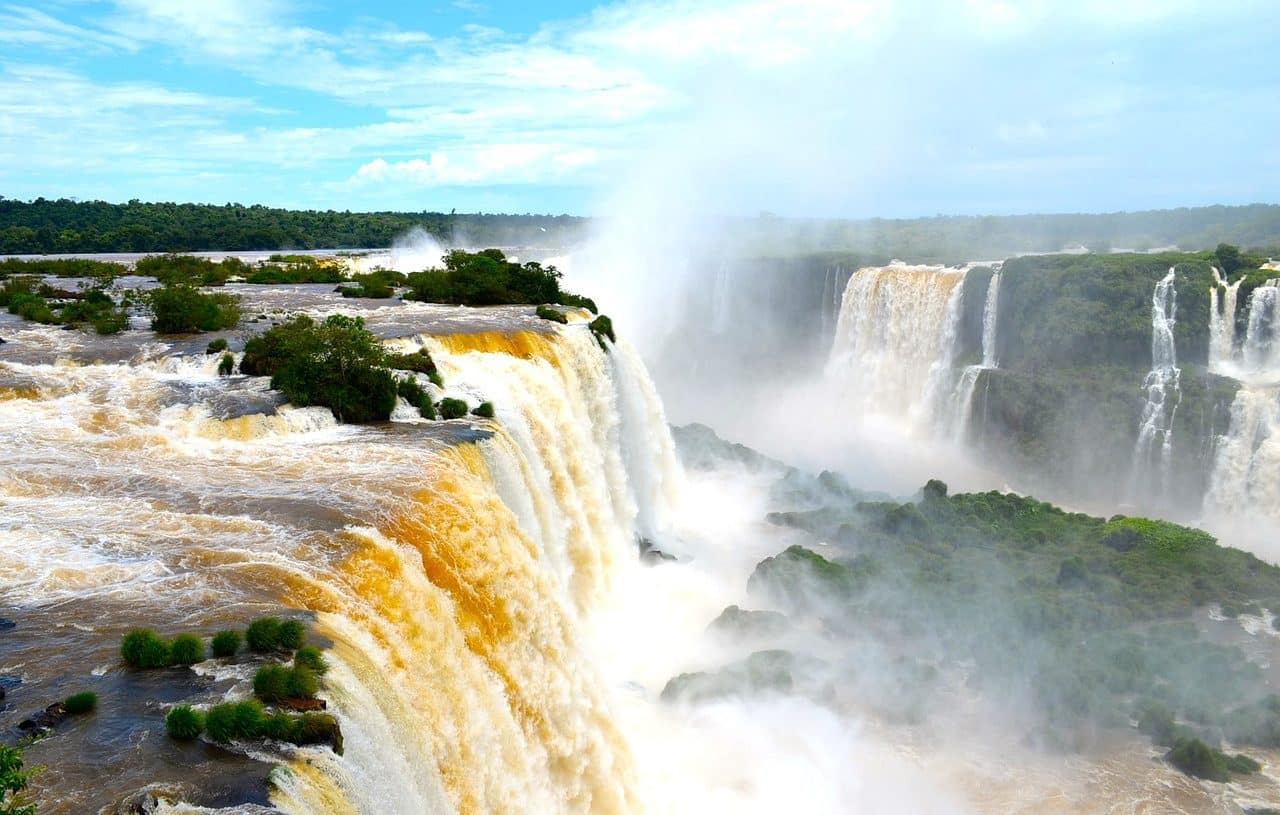
An ecological reserve is a protected territory due to its natural characteristics.
An ecological reserve is a territory that a State decides to protect with a special status due to the relevance of its geological properties or the wildlife it houses.
It should be noted that reservation is a notion with multiple meanings. It may be caution or restraint; of the protection that is carried out of something; of something that is saved for a specific use; or a resource that is available but not in use.
Ecological , for its part, is that which is linked to ecology (the study of the relationships that living organisms maintain among themselves and with the environment; the tendency to get involved in caring for nature ).
What is an ecological reserve
An ecological reserve, therefore, has as its main objective the conservation of its resources. In these areas, in addition, scientific work is usually carried out to increase knowledge about various species.
The declaration of an ecological reserve usually depends on the government . In some countries, however, it is accepted that non-governmental entities are responsible for the designation of these spaces.
Ecological reserves can also be established as natural parks , national parks or biosphere reserves . Its name depends on the scope of the protection regime and the administration of the territory in question.

The Iguazú National Park constitutes an ecological reserve of great relevance.
Some examples
An example of an ecological reserve is the Buenos Aires Ecological Reserve , created in 1986 . It occupies about 350 hectares next to the Río de la Plata and, in its lagoons, marshes, bushes and grasslands, species such as biguas, black-necked swans, ducks, otters and weasels coexist.
Likewise, we cannot forget the Pacaya Samiria National Reserve in Peru ; La Campana National Park in the Santiago Metropolitan Region of Chile ; the Pedregal de San Ángel Reserve in Mexico ; and Anchorena Park in Uruguay .
Other territories protected as ecological reserves
There are many countries that currently have different ecological reserves recognized. Thus, among the most significant are the following:
- Doñana National and Natural Park . It is also declared a World Heritage Site and is located in Andalusia ( Spain ). It has more than 100,000 hectares spread across three provinces ( Huelva , Seville and Cádiz ), it is home to more than 300 different species of birds and is considered the largest ecological reserve on the entire European continent. Especially important is the care given to the Iberian lynx, which is a species of feline that is in danger of extinction .
- Iguazú National Park , located between Argentina and Brazil and which has, among other things, the famous Iguazú Falls , which are considered one of the Seven Natural Wonders of the World . At a plant and fauna level, it is pure richness as it is home to numerous species, such as the white laurel, the toucan , the ceibo, the large anteater and the alligator.
- Natural Park of the Sierras de Cazorla, Segura and Las Villas , which is located in Jaén ( Spain ). It is declared a Biosphere Reserve , it is the largest protected space in its country and the second in Europe . All this without forgetting that it is a ZEPA ( Special Protection Area for Birds ).
